James Stewart in Vertigo
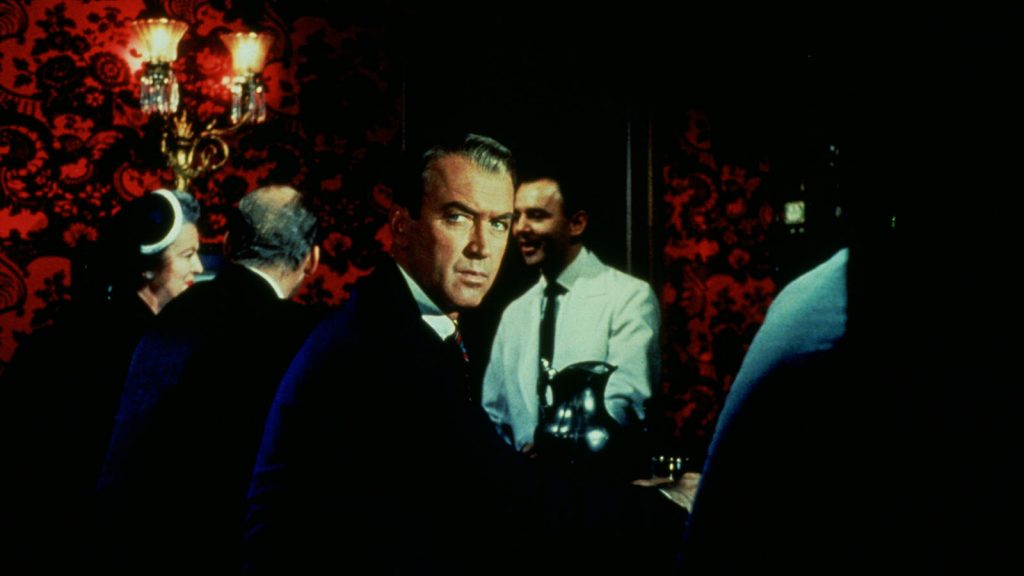
In the inaugural entry of a new column singling out enduringly creepy film characterizations, an American sweetheart cast against type emerges as one of cinema’s most unexpectedly chilling villains.
Protected: Eyes Without a Face
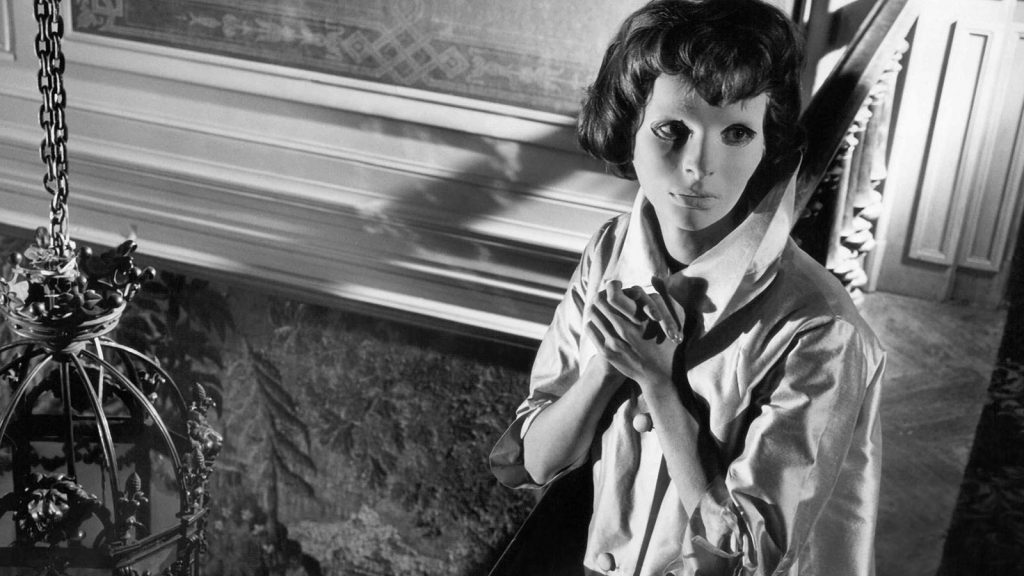
There is no excerpt because this is a protected post.
The Innocents
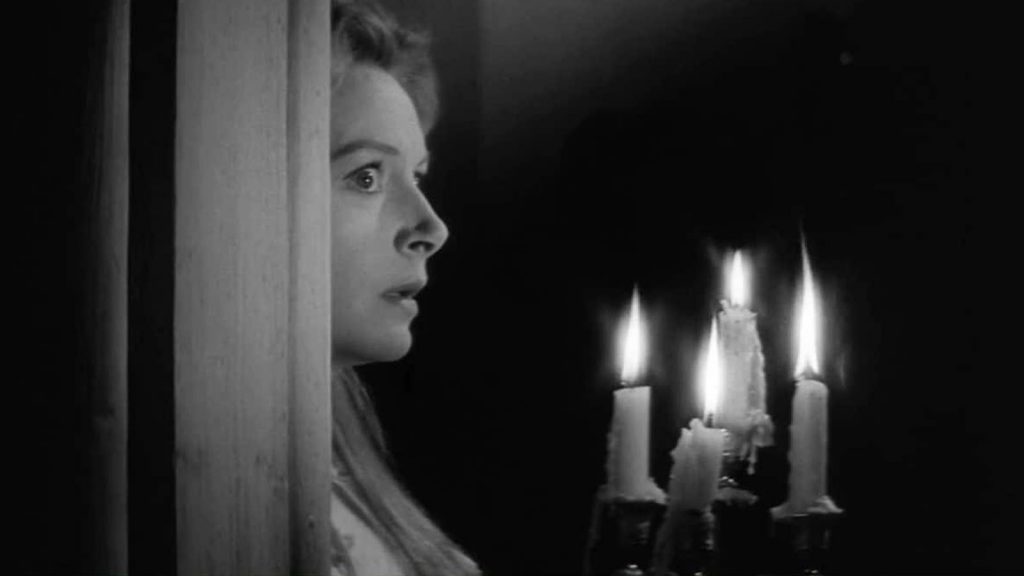
Jack Clayton’s masterpiece of narrative ambiguity The Innocents begins with a time-honored tableau: Deborah Kerr, hands clasped devoutly, imploring a higher power to make her useful to her young wards (“more than anything, I love children”).
Pearl
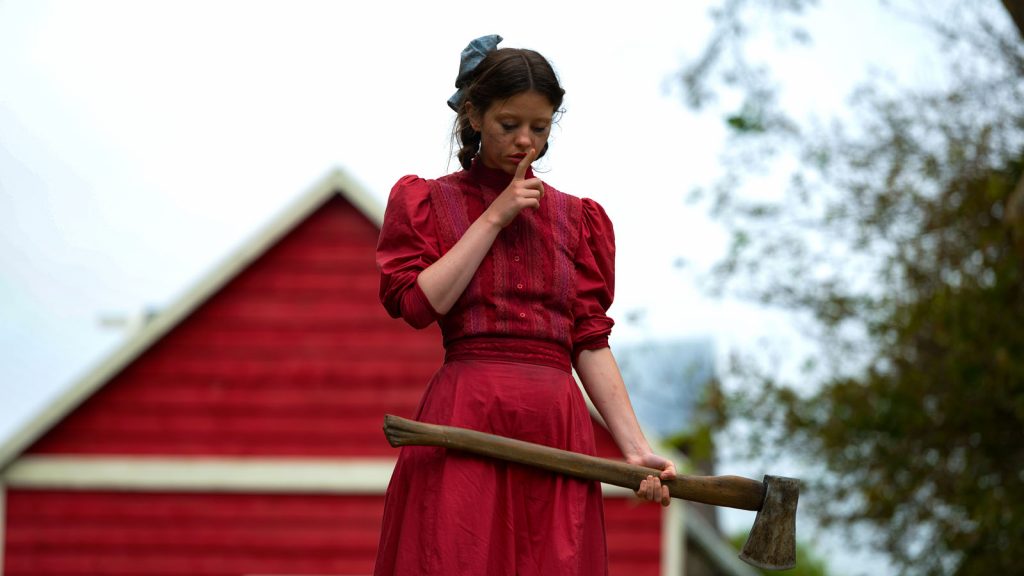
This past March, X, Ti West’s gleefully raunchy hybrid of two late-’70s subgenres (farmhouse horror and farmer’s-daughter porn), overachieved in four meaningful ways.
The Unknown
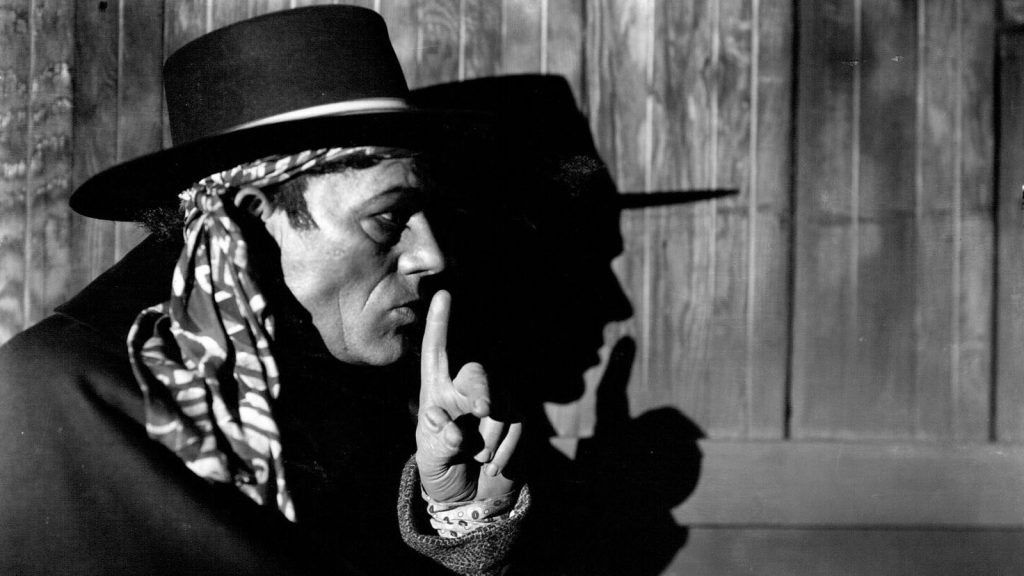
Unfairly remembered more for his staggering innovations with makeup than for his equally staggering dramatic skills, Lon Chaney is the absent father of horror cinema.
What Ever Happened to Baby Jane?
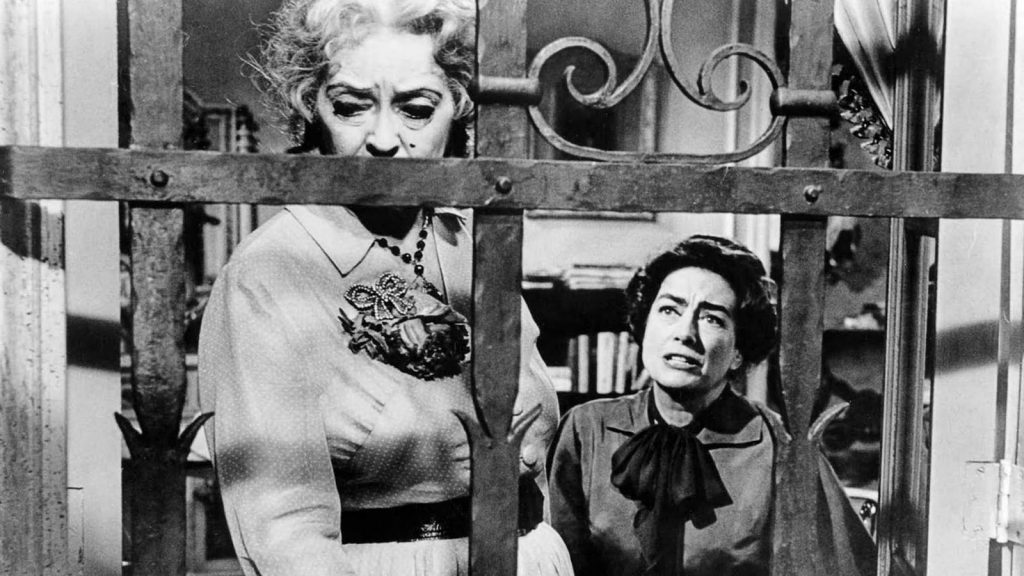
When Bette Davis as Jane served Joan Crawford’s Blanche her pet bird for “din-din,” a new strain of horror was born. Either “Grande Dame Guignol” or “psycho-biddy cinema,” depending on your degree of reverence…
Soylent Green
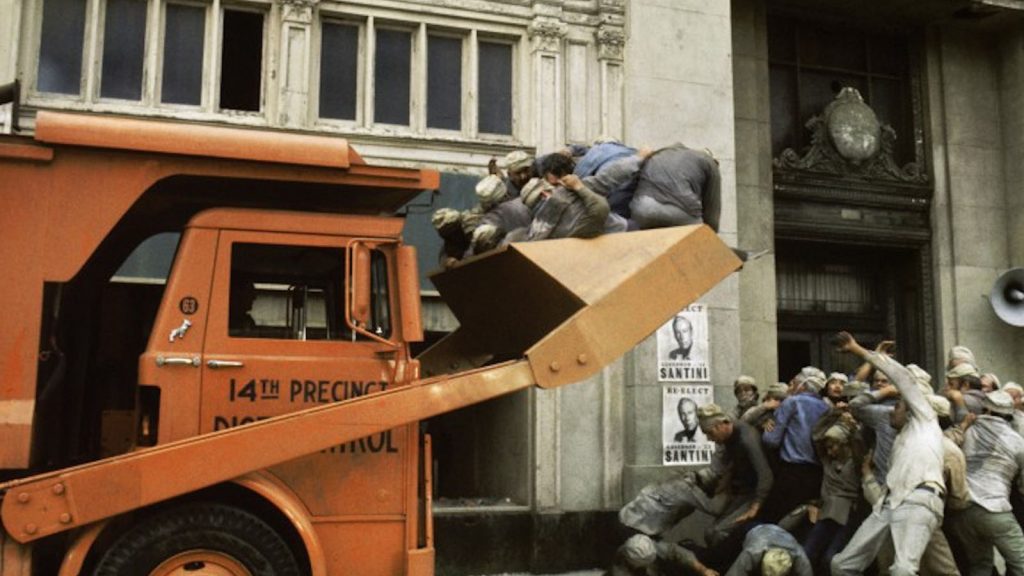
There’s no crueler fate for an inventive, well-crafted film than being remembered solely for its twist ending, especially with said twist divulged through a line reading that oxidized into self-parody as soon as it entered the atmosphere.
Class Acts
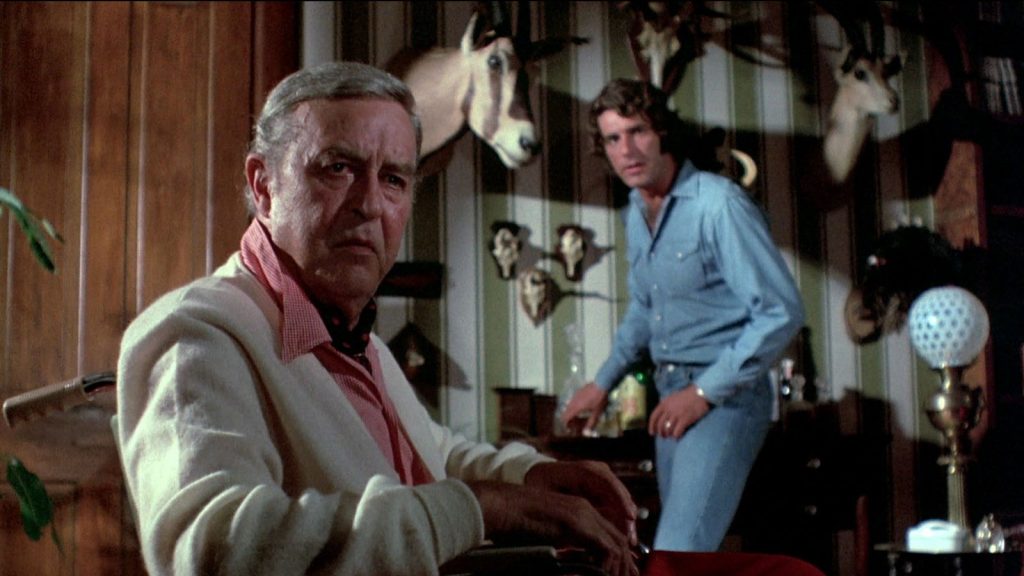
Acclaimed stars’ forays into horror roles are always revealing, and sometimes revelatory.
Beast
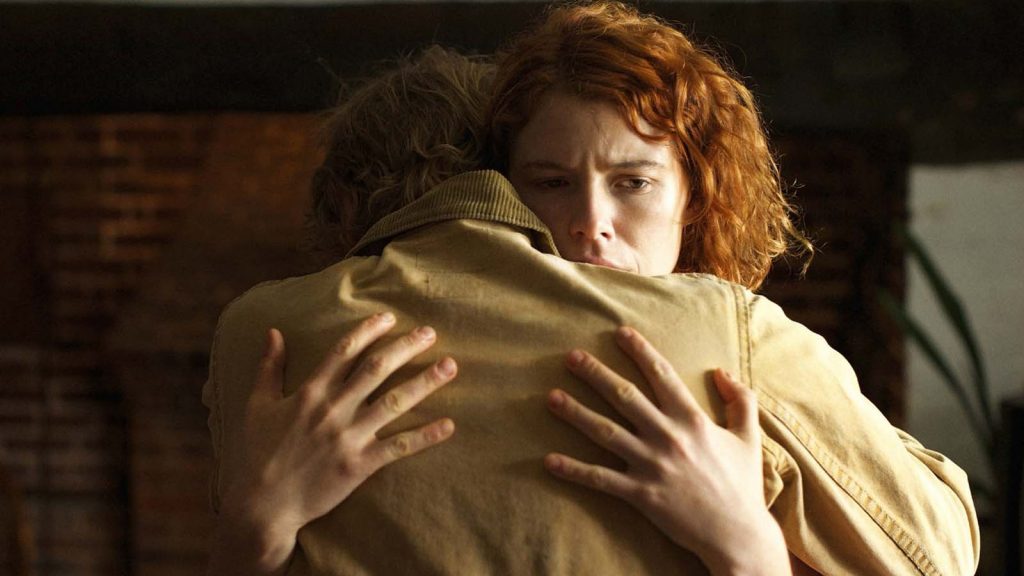
Beast is a lot of movies in one package—fractured fairy tale, belated-coming-of-age story, psychological drama, regional horror film—but above all it’s a calling card for its leading lady, Jessie Buckley.
